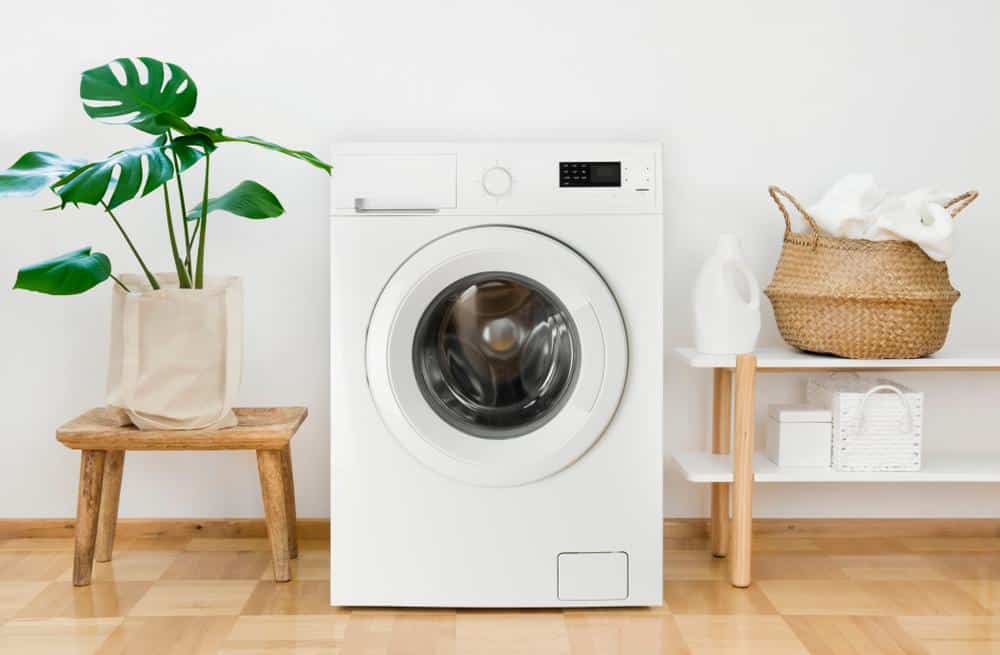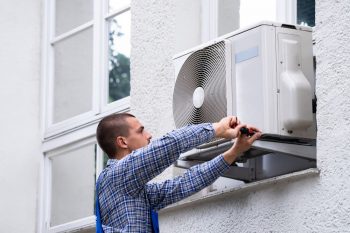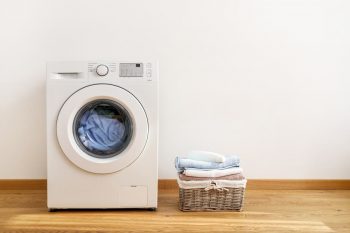
A washing machine is an indispensable appliance in today’s fast-paced life, saving time and effort in cleaning clothes. However, like any other appliance, it can sometimes malfunction. One common issue that many people face is the washer continuously spinning. If you’ve ever asked yourself, “why does my washer keep spinning?” you’re not alone. This article will delve deep into the reasons behind this problem, how to troubleshoot it, and when to call a professional for help.
Your washer may keep spinning due to several reasons including an unbalanced load, a malfunctioning timer, a faulty lid switch or door lock, drainage problems, or issues with the drive belt or motor coupling. You can troubleshoot this issue by checking for unbalanced loads, examining the timer, inspecting the lid switch or door lock, checking the drain hose and pump filter, and inspecting the drive belt or motor coupling. If the problem persists, you should consider calling a professional.
Understanding Your Washer’s Spin Cycle
To comprehend why the washer might be stuck in the spin cycle, it’s crucial to understand how a washing machine works. The washer’s cycle includes filling, washing, rinsing, and spinning. The machine is programmed to move through these stages and stop after completing the spin cycle.
The spin cycle is the final stage, where the washer spins fast to extract as much water as possible from the clothes, making them easier to dry. However, if your washer keeps spinning without stopping, it’s a sign that something is amiss.
Reasons Why Your Washer Keeps Spinning
Here are some common reasons why your washer might keep spinning:
1. Unbalanced Load
An unbalanced load is one of the most common reasons for a washer to keep spinning. When the laundry isn’t distributed evenly in the drum, the washer may spin continuously to balance the load, preventing mechanical damage.
2. Timer Malfunction
The timer controls the sequence of washing, rinsing, and spinning. If it malfunctions, the washer could get stuck on the spin cycle.
3. Faulty Lid Switch or Door Lock
For top-loading washers, a faulty lid switch can prevent the spin cycle from stopping. For front-loading washers, a similar issue can occur with the door lock.
4. Drainage Problems
If the water hasn’t drained completely, the spinning cycle won’t stop. Blockages in the drain hose or the pump filter can cause drainage problems.
5. Drive Belt or Motor Coupling Issues
A broken or displaced drive belt or motor coupling can cause the washer to spin continuously.
Troubleshooting a Continuously Spinning Washer
If your washer won’t stop spinning, follow these steps:
- Unplug the washing machine: Always disconnect the power before attempting any repairs to avoid the risk of electric shock.
- Check for an unbalanced load: Ensure the laundry is evenly distributed inside the drum.
- Examine the timer: If resetting the washer doesn’t work, the timer might be malfunctioning. You may need to disassemble the control panel and test the timer with a multimeter.
- Inspect the lid switch or door lock: Check these components for any issues and replace them if needed.
- Check the drain hose and pump filter: Look for any blockages and remove them if found.
- Inspect the drive belt or motor coupling: Check these components for any damage and replace them if necessary.
When to Call a Professional
If the problem persists after trying these troubleshooting steps, it’s time to call a professional. A professional technician can identify and fix complex issues such as a malfunctioning timer, a burnt-out motor, or a damaged drive belt. The technician will diagnose the problem, provide a quote for the repair, and replace any faulty parts.
Preventive Measures
To avoid facing this issue, follow these preventive measures:
- Ensure Proper Installation: Make sure the washer is installed on a level surface and its feet are adjusted correctly.
- Avoid Overloading the Washer: Overloading can cause an unbalanced load, leading to continuous spinning.
- Distribute Laundry Evenly: Proper distribution of laundry can prevent an unbalanced load.
- Check for Malfunctions Regularly: Regular inspection can help identify potential issues early.
- Use Appropriate Cycle Settings: Using the correct cycle settings can ensure efficient operation of the washer.
In conclusion, several factors can cause a washer to keep spinning. It could be due to an unbalanced load, a malfunctioning timer, or issues with the lid switch or door lock. By understanding these causes and following the troubleshooting tips provided, you can resolve this issue and ensure your washer operates efficiently. However, if the problem persists, don’t hesitate to call a professional technician for help.
Frequently Asked Questions
How can I tell if the load in my washer is unbalanced?
You can tell if the load in your washer is unbalanced if the washer is excessively shaking or vibrating during the spin cycle. You might also hear loud noises. The washer may also keep spinning in an attempt to balance the load.
What is a multimeter and how do I use it to test the timer?
A multimeter is an instrument that measures voltage, resistance, and current. To test the timer, you would need to disconnect the power, remove the control panel, locate the timer, and use the multimeter probes on the terminals. If the multimeter does not show a reading, the timer is faulty. Always refer to the user manual or consult a professional if you’re unsure.
How often should I inspect my washer for malfunctions?
It’s recommended to inspect your washer for malfunctions every few months. However, if you notice any unusual noises, vibrations, or performance changes, you should inspect it immediately.
What kind of professional should I call if my washer keeps spinning?
You should call a professional appliance repair technician. They have the necessary knowledge and tools to diagnose and fix washing machine issues.
How can I ensure that I’m using the correct cycle settings on my washer?
Refer to the user manual of your washer to understand the different cycle settings. Each setting is designed for different types of laundry loads. For instance, delicate clothes require a different setting than heavy-duty fabrics.












